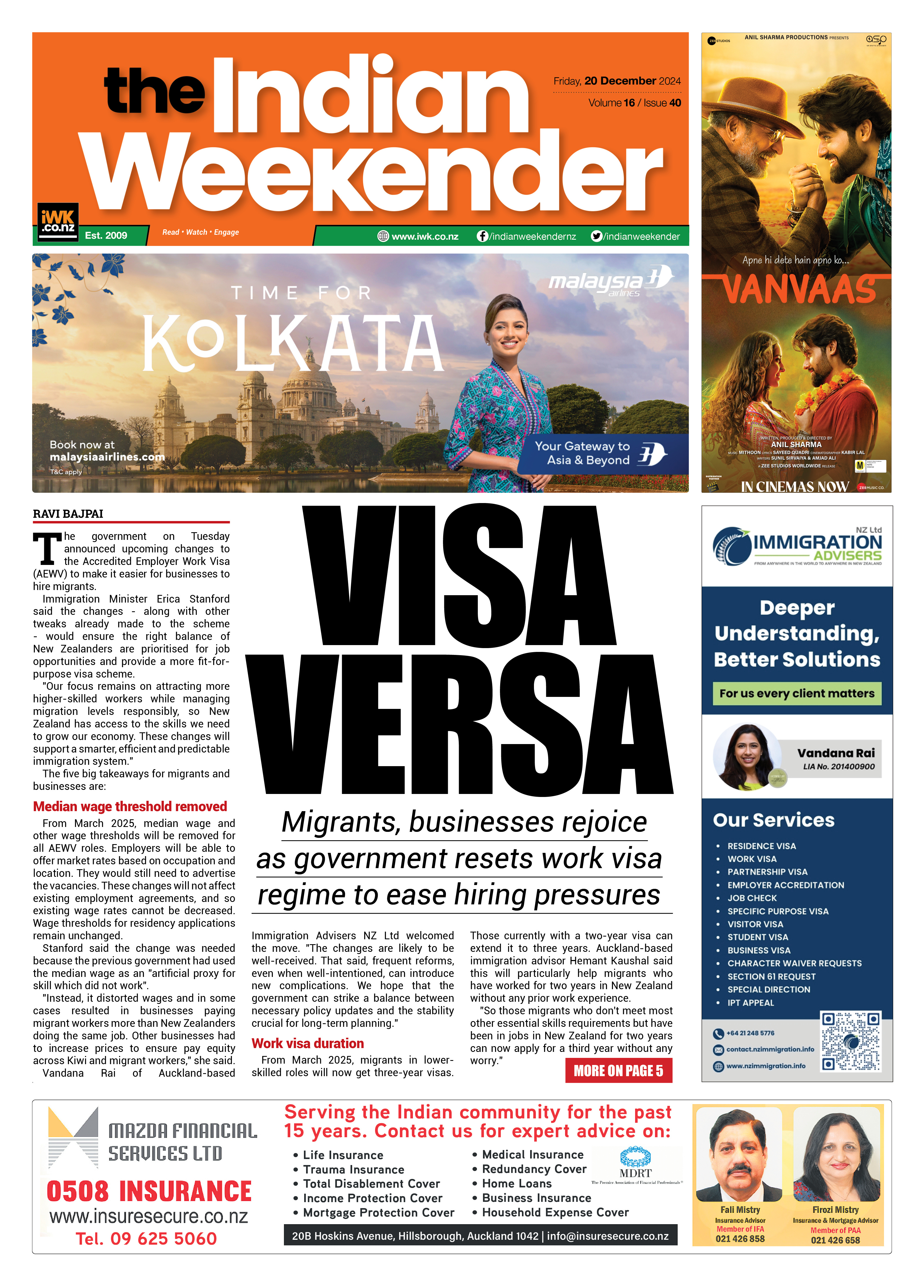Covid-19: Auckland Mayor calls for shift to level 3 this week

Auckland's mayor wants the region shifted down to alert level 3 this week, and says the cost to stay at level 4 is too high.
The region will today learn if the government will move them down to alert level 3 this week. Experts seem in agreement that they don't know which way the government's decision will go.
What is known, however, is that the lockdown to date - the longest in New Zealand since the pandemic began - has come at a tremendous cost for the team of 1.6 million in Tamaki Makaurau.
Auckland Mayor Phil Goff told Morning Report it's time to shift to level 3.
"The psychological pressures of the long level 4 lockdown are growing, and the financial pressures on businesses and jobs. Families are separated, there's people who don't have income coming in... there are lot of people who are just on the edge at the moment.
"I always listen to the epidemiologists... but they're looking at it through one lens... there are other implications of staying at level 4. With nearly 80 percent of Aucklanders ... with at least one vaccination... with alert level 3 still being very restrictive, and capable of constraining spread, it's time to move back."
Goff said Aucklanders were finding this lockdown much harder that the level 4 lockdown last year.
"The problem is there's a degree of uncertainty about when the job will be finished, and I don't think anybody thinks that you can stay indefinitely at level 4. Level 3 still has still got the constraints in place that can prevent the spread of the disease.
"Yes there is a degree of risk, but there's also a risk in the real pressure on people and losing the social licence and mandate to continue to get people to complying with lockdown - Aucklanders by and large have done really well so far, but there'll be a limit to their endurance of that."
Level 3 would allow the construction industry to restart, people could widen their bubble slightly, and retail and hospitality could operate with contactless click and collect-type operations.
Hospitality businesses holding their breath for a change
A change in alert levels can't come soon enough for the hospitality industry, with some business owners nearing the end of their tether.
Auckland's Bread and Butter bakery and café owner Isabel Pasch said a change to alert level 3 would be a step in the right direction, but still won't be enough for her to cover her costs.
"The mood in the industry is generally pretty dark, we're all very stressed - it's not good. We've not been able to trade at all, it's very harsh on everyone, and the morale.
"For me alert level 3 or even 2 is probably not profitable, but eventually we'll have to get there. It needs to move in that direction."
Pasch said businesses, general mental wellness, and schooling were being affected by the lockdown, and the government needed to consider more than public health when deciding if Auckland would shift out of level 4.
"We can't just looking at things through this one single lens," she said.
Hospitality New Zealand chief executive Julie White said many businesses outside Auckland were also desperate to move down a level, from level 2.
"We're really nervous. This uncertainty ... is going to put a nail in the coffin for some operators if we don't move, that's what I'm hearing.
"We've encouraged Cabinet to move at least the South Island - the South Island hasn't had any cases for some time."
At alert level 2 some operators were struggling to remain viable with no more than 50 people allowed into their venue at a time, and were "hanging in week by week".
White said the government's Wage Support and Resurgence Support Payments for businesses had been valuable, but their availability depends on the alert levels, which are changeable at short notice - making planning ahead difficult, particularly for staffing.
"[We want] a venue payment that helps with your fixed costs like rent, rates, insurance, electricity, those sort of fixed costs ... to help reduce the burden of the costs. We've got fixed costs up to $50,000 a month."
Pasch seconded that call; "We need more targeted fixed cost support in the industry. The easiest way is to do some form with the rent or ... electricity or other costs.
"There is a cost to operating physical premises that goes beyond wages and ingredients that we have to buy ... we need something otherwise people are going to give up."





